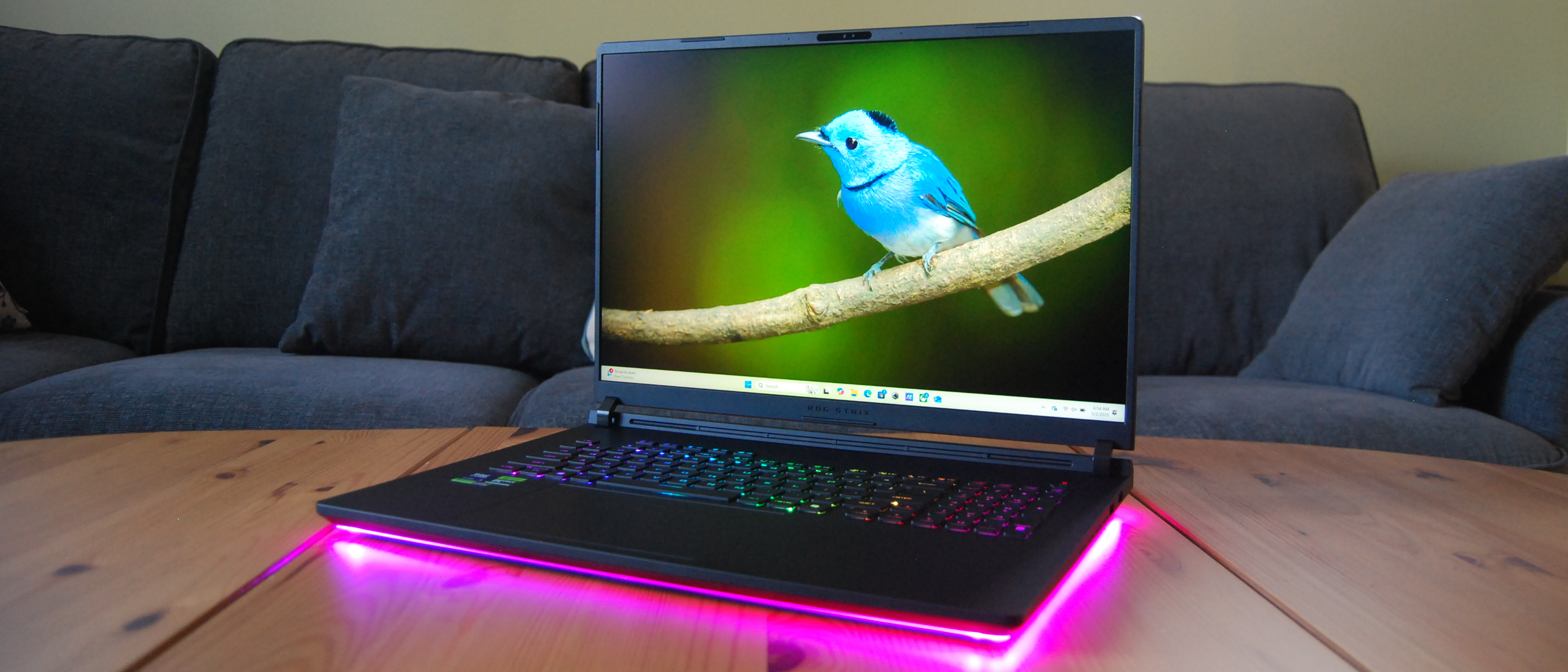The good, the bad, and the ugly of an all-digital disc-less Xbox One S
Rumors abound that Microsoft is working on a disc-less Xbox One S, complete with a disc-to-digital trade-in program. Is now the right time for a digital future?
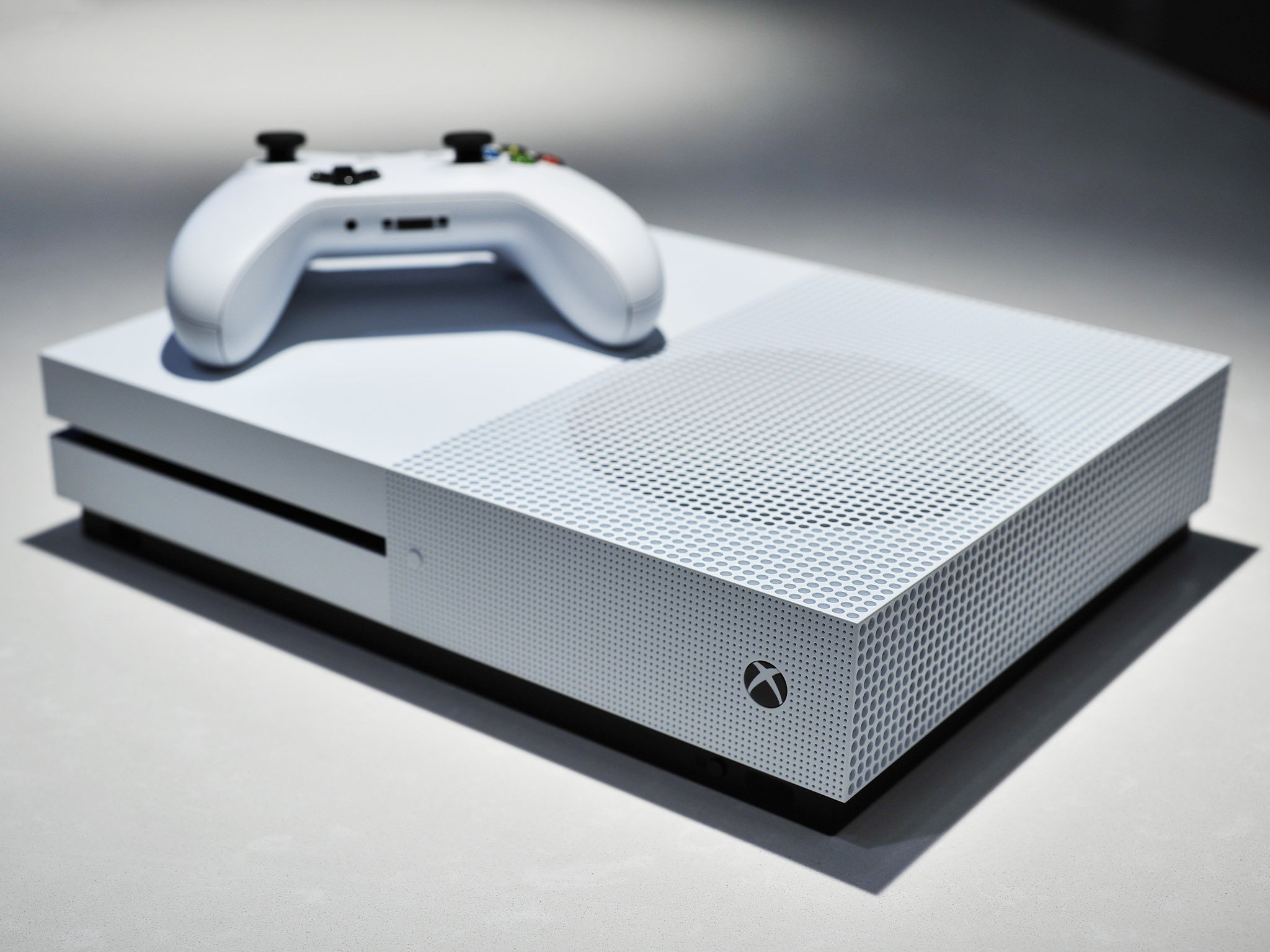
Rumors are circulating that Microsoft is set to unveil a disc-less Xbox One S console in 2019, aimed at becoming the cheapest Xbox console yet. The removal of the disc drive will help Microsoft reduce the manufacturing costs of the console even further, making the Xbox ecosystem even more accessible.
Microsoft attempted to foster a digital-focused future with the Xbox One back in 2013, creating a significant backlash. The Xbox One was supposed to be an always-online console with regular online DRM checks, where physical games came with a license attached, limiting the repeated resale potential of the title in question. Only participating retailers would have been able to "unlock" the disc from your Microsoft account for the sake of resale. Microsoft kicked its plans into touch after the community rejected Redmond pushing too hard on digital, contributing to the lead Sony has now with PlayStation 4.
With the past behind it, Microsoft is once again exploring the prospect of a digitally-focused console, but is now the right time?
Industry trends towards digital
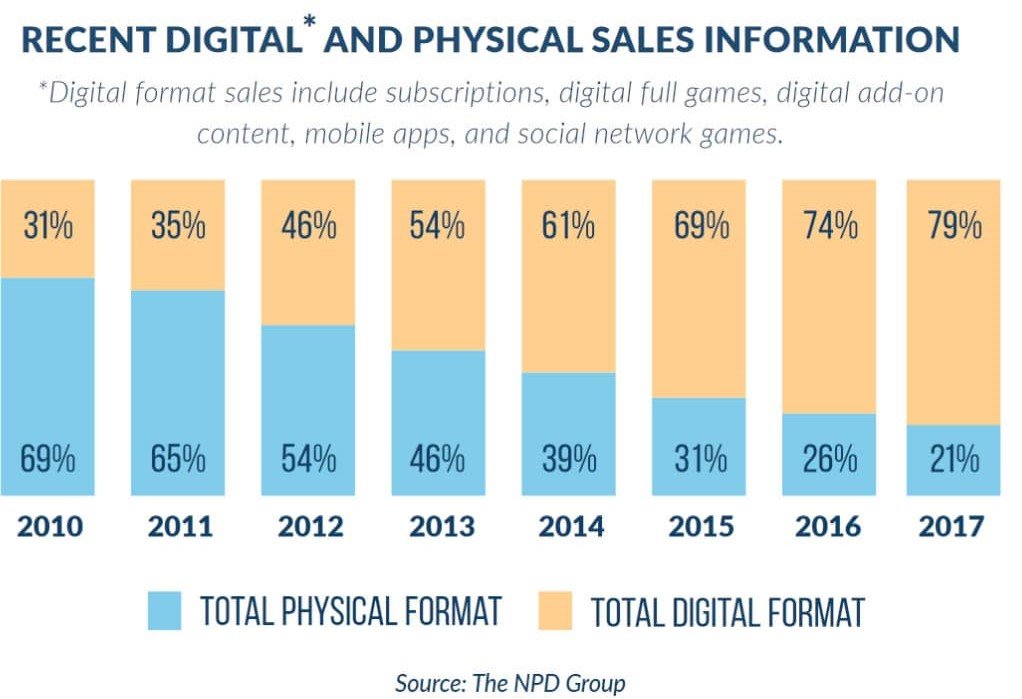
It's no longer forward-facing to focus on digital games, because we're already at a point where digital gaming is the norm. The vast majority of gaming revenue across the board comes from the sales of digital games and associated digital purchases, with physical retail seeing its market share wane. Last year, Activision revealed Destiny 2's sales were more digital, than physical, and that trend has only continued as we head towards 2019. Anecdotally, I can say that I've used the disc drive inside my Xbox One consoles fewer than twenty times total since 2013, and that was almost entirely for Blu-ray.
Building a disc-less SKU is a total no-brainer, and Microsoft will have telemetry data to suggest few people are actually utilizing the drive. The issue has always boiled down to upsetting brick and mortar retail stores, which remain a powerful force for the distribution of game sales and, indeed, consoles. Gamestop could turn around and boycott the disc-less Xbox One S if it chose to do so, as they can't scrape extra cash from reselling digital versions of games.
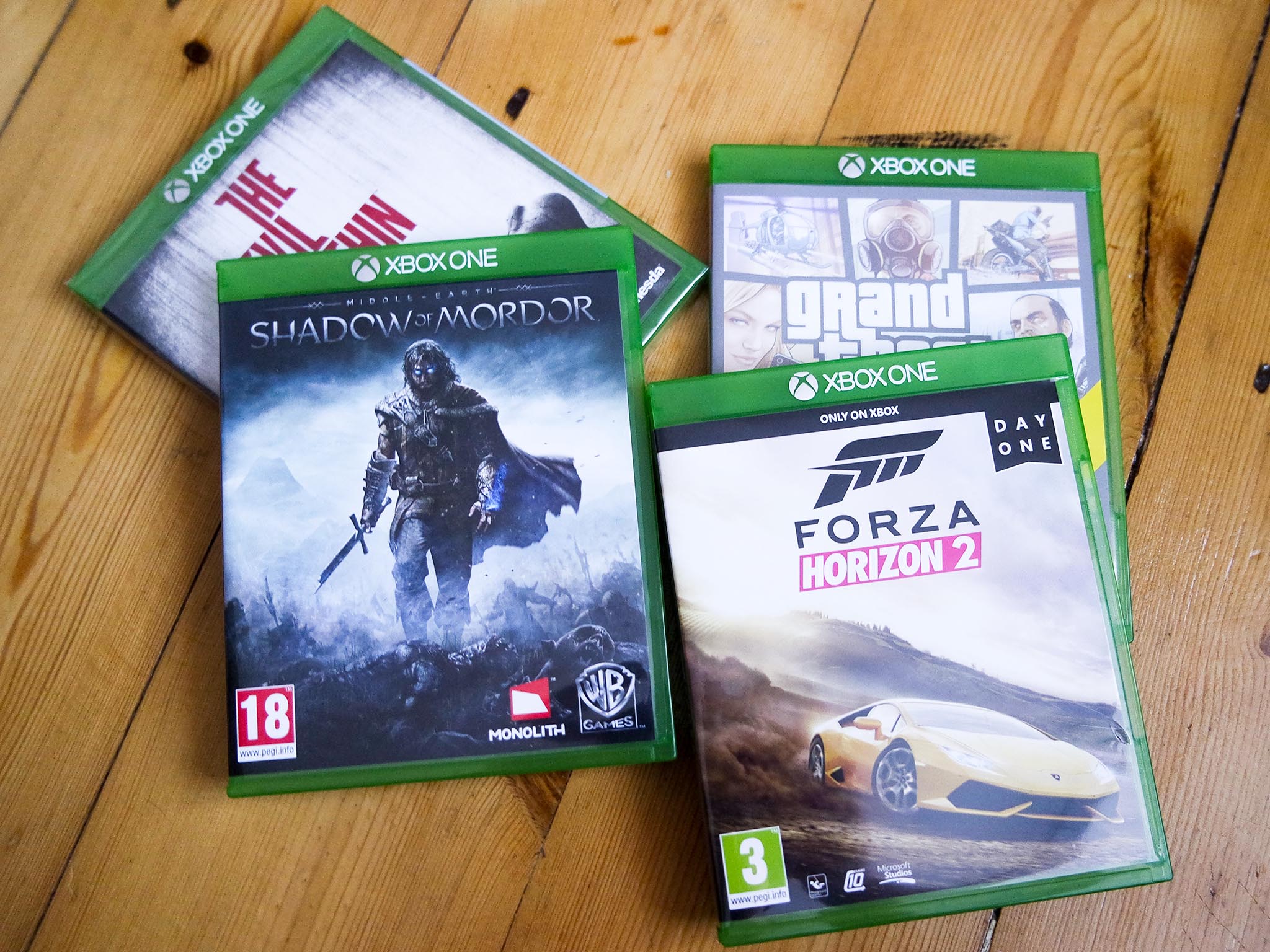
It sounds as though Microsoft may be offering them an olive branch with a disc-to-digital program, via participating retailers. The writing has been on the wall for some time for brick and mortar outlets like Gamestop (and GAME in the UK), which have seen declining revenues from boxed sales for what feels like forever at this point. As global internet speeds increase and bandwidth caps grow, the convenience of digital is winning over millions of gamers.
Additionally, cutting out the middleman, in this case, brick and mortar retail should see more profits go back into the creative aspects of the gaming industry. More money for publishers and more money for platform holders like Xbox and PlayStation would, in theory, lead to improved quality across the board. Or perhaps they'll pass on the savings to the consumer, as we've seen happen with the shift to digital on PC where digital games are far cheaper. Or, execs may just use the savings to buy themselves a new yacht or two, who knows.
Get the Windows Central Newsletter
All the latest news, reviews, and guides for Windows and Xbox diehards.
Disc-less should be an option, not the new rule
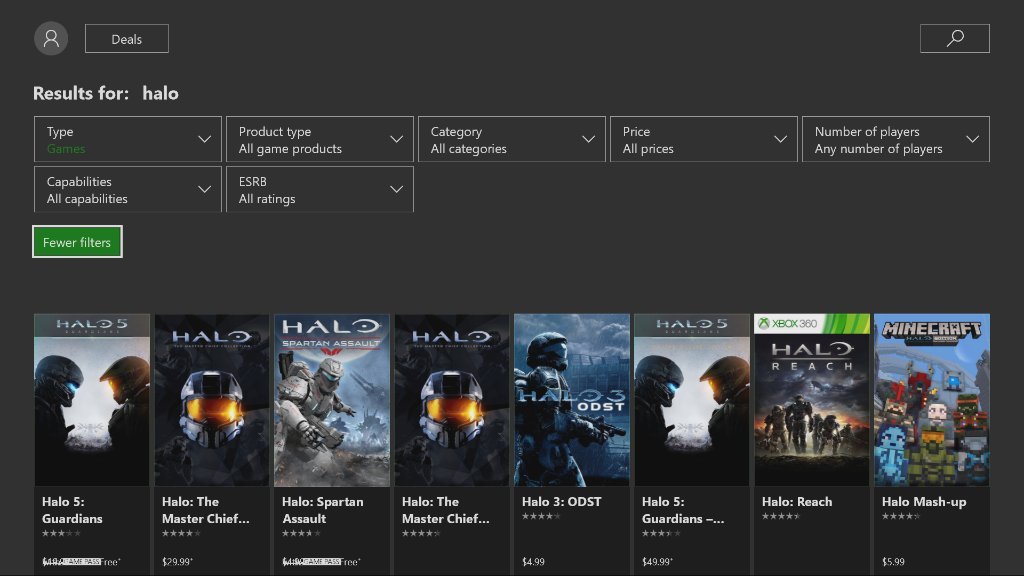
The main criticism from shifting towards a digital future is that it ultimately trends away from consumer agency. If Xbox holds all the digital chips for its games, there's less competition, and thus, less capacity to shop around and find a good deal. This is also looking away from the used games market, which also allows you to get games far cheaper in some circumstances.
The disc-less Xbox One S would be an option, not the rule.
If (and it really is an if) Microsoft's vision is for a fully digital ecosystem, i.e. Steam, Google Play, and the iOS App Store, they'd have to sell some of us on the value that brings. For some, simply owning physical games is part of the hobby, having a collection cycling back generations on display can be fun (and one I participate in myself).
Thankfully, the disc-less Xbox One S would be an option, not the rule. Microsoft isn't going to stop producing physical games in the near term, or even the long term, for the reasons outlined above. Some simply don't have access to good internet packages to switch to all-digital, some simply don't want to for sentimental reasons, and some prefer to buy games used for less. All are valid, and in a way, Microsoft has an opportunity to explore ways to add value for these sorts of gamers as well.
Microsoft has already vastly expanded its refund program for digital games, for example, to offset some of the limitations inherent with digital purchasing. And as vinyl record sales defiantly continue to grow despite the downtrend in physical music retail, there's certainly a thriving market out there for people who simply want to own a thing and not a packet of data.
It should be an X, not an S
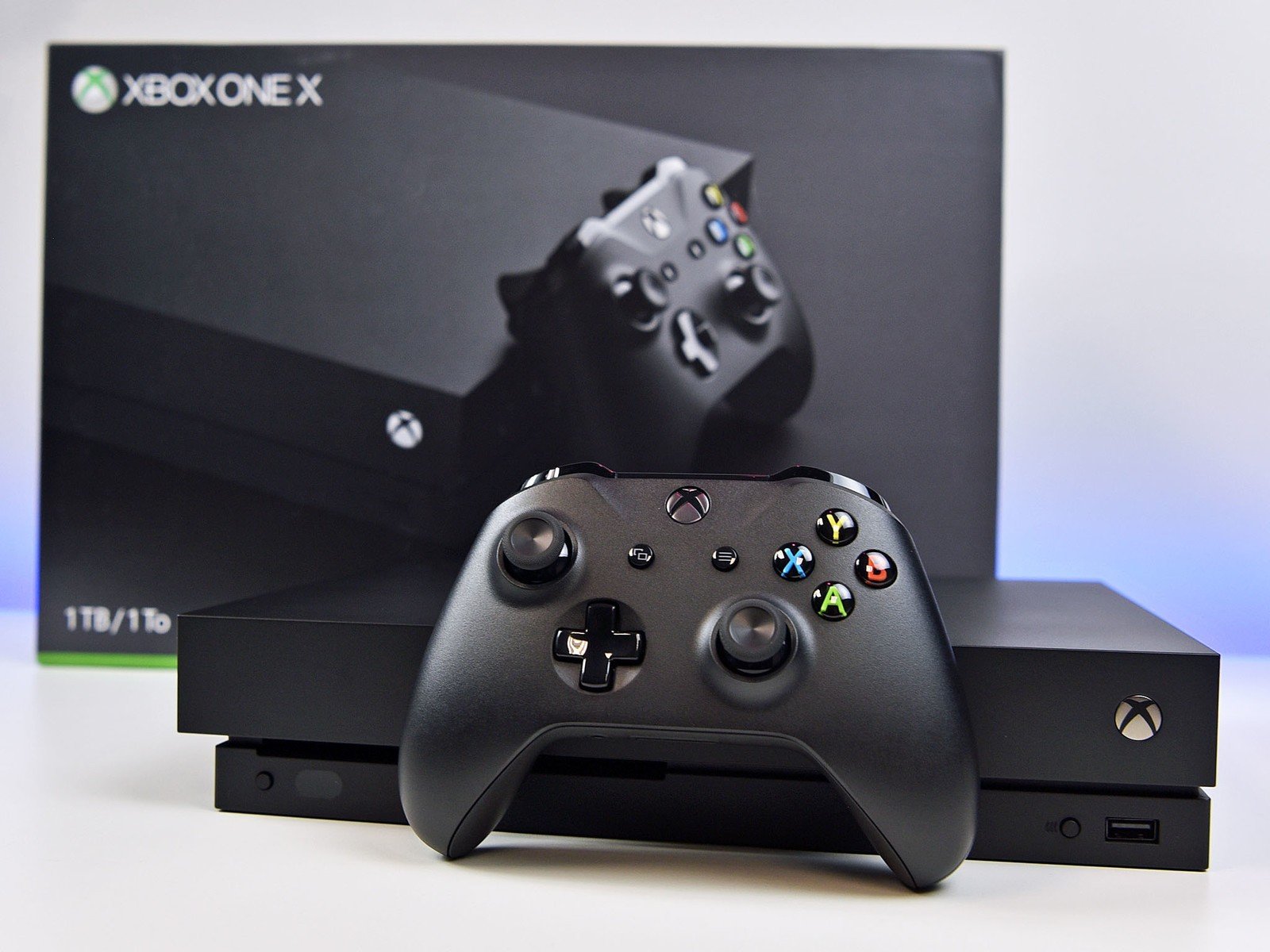
Perhaps the most annoying aspect of this reported console is the fact it'll be an S, not an Xbox One X, and that's something we've verified with our own sources. The S is the weakest console of this generation disregarding the portable Nintendo Switch, and as we move throughout the generation, it is increasingly starting to show its age.
This is a play to improve accessibility to the Xbox ecosystem.
Fallout 76 and Battlefield V both suffer immensely on their Xbox One S version, compared to other platforms, with squished level-of-detail, and crushed textures. As the console SKU with the smallest footprint, it feels increasingly as though developers are ignoring full QA testing their games on the S, instead opting to place their resources on the far more powerful Xbox One X.
Ultimately, it boils down to price. I have no idea how much cash Microsoft intends (or is able to) shave off the RRP by simply removing the disc drive, but clearly, this is a play to improve accessibility to the Xbox ecosystem. The cheaper the box becomes, the wider your potential audience becomes, particularly when you throw in Xbox Game Pass, which comes with around 200 high-quality games for just $10 per month. A disc-less Xbox One X would provide a better experience for newcomers into the ecosystem, and that's where I'd focus my efforts on driving down costs personally, but perhaps we'll see a discless Xbox One X in the future too.
Weak digital media store
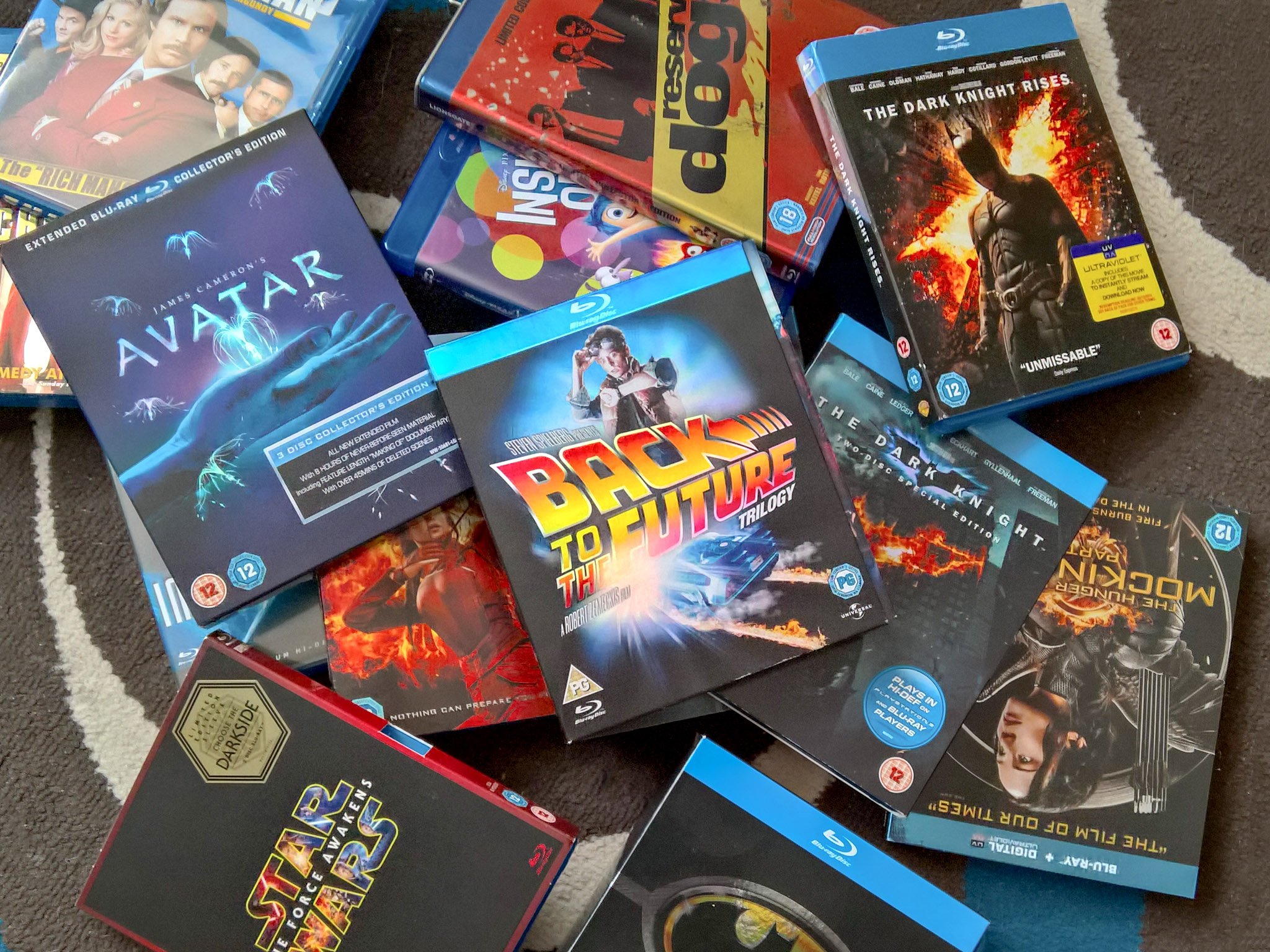
A disc-less Xbox One console could compete with the likes of an Apple TV, Amazon Fire Stick, and other smart home digital media devices, depending on how small it becomes as a result of losing the drive. And while the situation is improving, Microsoft's digital media offering remains weak compared to the competition.
Despite pushing 4K the hardest with a UHD drive in both the Xbox One S and Xbox One X, Microsoft's own movies and TV store remains barren for 4K content. The US store has the most 4K shows and movies, but the UK has, quite literally, two movies with a 4K option. Users opting for an Xbox One S without a Bluray drive are effectively sacrificing the ability to ensure they'll have 4K movies available to watch, with little commitment seen on Microsoft's side when it comes to improving the situation, particularly outside the US.
It's a minor gripe though if you don't use Microsoft Movies & TV as Prime Video and Netflix can often more than make up for it, but it's a far cry away from the offering Apple consumers enjoy through iTunes.
More questions than answers
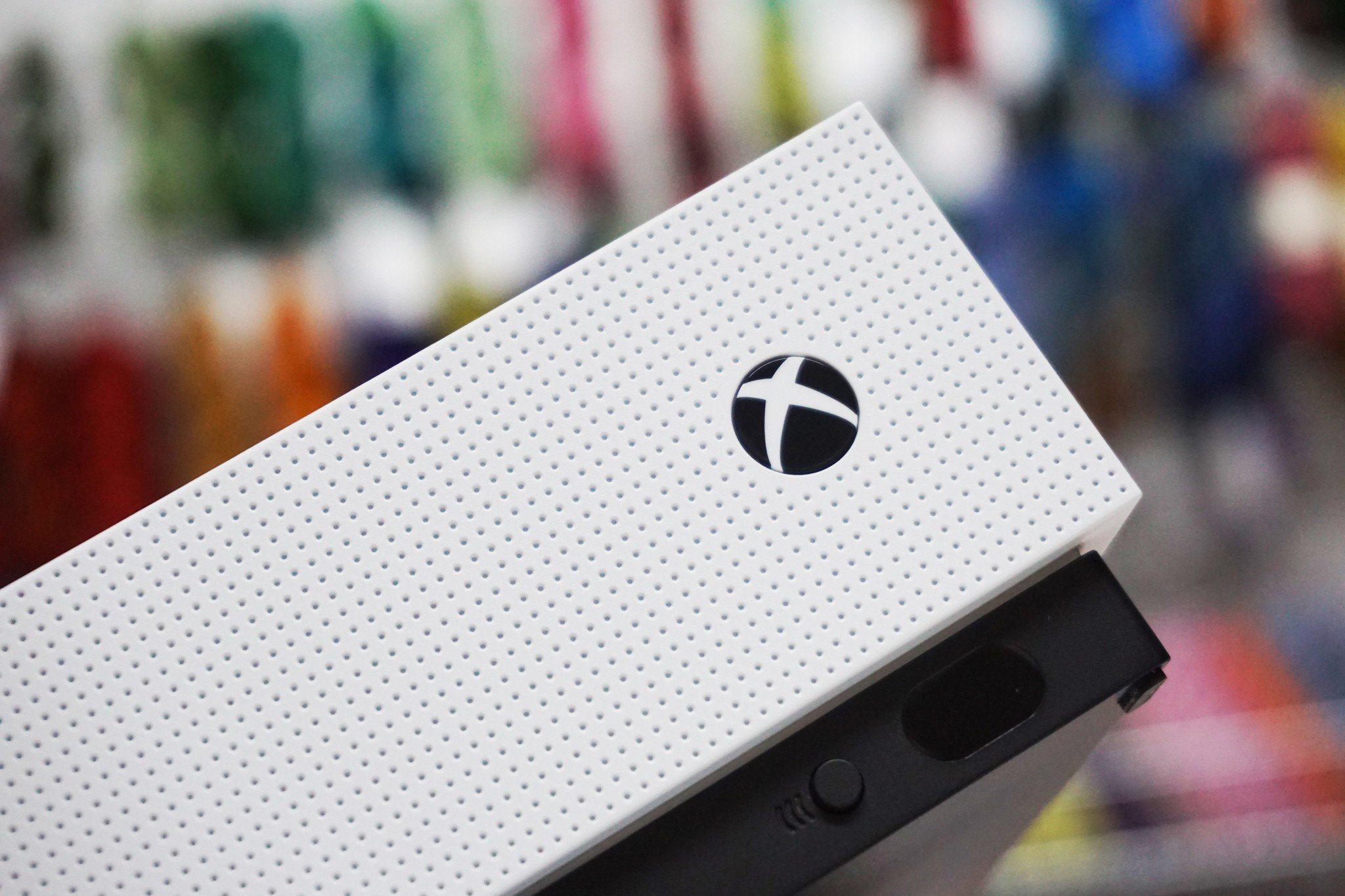
Ultimately, the way Microsoft positions the disc-less Xbox One S, if it even comes out, is unknown for now. Its popularity will hinge on its price, its design, and the policies surrounding it. People are still sore about the way Microsoft attempted to push an always-online console into people's living rooms, despite the fact hardly anyone has their Xbox One consoles disconnected from the internet for any serious length of time. There's no reason to think the discless Xbox One won't follow the same protocols as the current consoles, with a local license available to use offline, and a cloud license available to use on other consoles while online, but who knows?
It seems likely that Microsoft will unveil the discless Xbox One S before E3 2019 in June next year, where Redmond will instead probably focus its efforts on the quality of its first party games lineup. The earliest evidence we've seen of the disc-less Xbox One S dates back to summer 2018, so it seems like it's been baking for quite a while.
Microsoft is focusing hard on expanding the reach of the Xbox platform, exploring things like cloud streaming to phones and tablets, pay-per-month contract options for consoles, and as we can see here, cheaper, more affordable versions of the existing boxes. It's safe to expect to see further innovations aimed at improving access to the Xbox platform as time goes by.

Jez Corden is the Executive Editor at Windows Central, focusing primarily on all things Xbox and gaming. Jez is known for breaking exclusive news and analysis as relates to the Microsoft ecosystem while being powered by tea. Follow on Twitter (X) and Threads, and listen to his XB2 Podcast, all about, you guessed it, Xbox!
